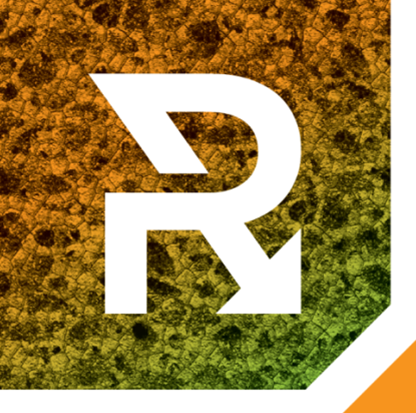12 PhD positions in the MSCA-DN Project REGENERATE-IT
Are you interested in regenerative biology? Check out our 12 fully funded PhD positions to work with leading European researchers to advance the frontiers of regenerative biology and medicine.
The REGENERATE-IT Doctoral Network, funded by the Marie-Sklodowska-Curie Action(MSCA), brings together a full spectrum of disciplines – from fundamental to applied research – to train the next generation of researchers in regenerative biology and adjacent fields. It is a consortium of high-profile researchers from various universities, research institutions, and companies spanning 12 academic institutions in 10 European countries (the Netherlands, France, Belgium, Austria, Sweden, Germany, Italy, Denmark, Switzerland, and the UK).
We offer exceptional opportunities for promising young students to work on cutting-edge topics in regenerative biology and medicine to address the questions of how cell types and tissues are formed during regeneration and how this can be controlled and manipulated.
Keywords: Regenerative biology and medicine, tissue and organ regeneration, highly regenerative animal models (flatworms, cnidarians, crustaceans, frogs, salamanders, and zebrafish), stem cells, single-cell sequencing, live imaging.
Career Stage: Doctoral Candidates (DCs). These are 3-year PhD positions open for graduated students (Master or equivalent).
12 PhD positions in the REGENERATE-IT:
All 12 PhD positions are listed below along with their hosting institutions. An URL to the application form is also given next to the title of the project. This link will take you to the application portal of the project-hosting institution. More details on each of these positions and information about the REGENERATE-IT training program can be found on this website www.regenerate-it.eu.
Note: Some of these links are not ready yet. These will be updated as soon as they are announced by the respective institutes. Please come back and check again later.
Candidates may submit applications to different labs (up to 3 projects) within the network.
Alert!
All projects are now Closed for Applications!
- Project 1: Cell lineage tracing during regeneration in Macrostomum (University Medical Center Groningen (UMCG)/Univ. Groningen, Netherlands). (Click here to apply)
- Project 2: Identify and characterise regeneration-specific elements in the sea anemone Nematostella vectensis (Institute for Research on Cancer & Aging – Nice, France) (Apply here – Link coming soon)
- Project 3: How does regeneration differ from development? (ENS de Lyon, France) (Click here to apply)
- Project 4: The role and regulation of reactive oxygen species (ROS) during tissue regeneration (Universiteit Hasselt, Belgium) (Apply here – Link coming soon)
- Project 5: Identifying epigenetic regulators of regeneration gene expression (The Research Institute of Molecular Pathology (IMP), Austria). (Apply here – Link coming soon)
- Project 6: Molecular profiling of newt limb blastema cells (Karolinska Institutet (KI), Sweden). (Apply here – Link coming soon)
- Project 7: Molecular profiling of the regenerating spiny mouse ear (Osnabrück University (UOS), Germany). (Apply here – Link coming soon)
- Project 8: Development of next-generation cell therapy protocols by exploiting knowledge from regenerating species (San Raffaele Hospital (OSR), Italy). (Apply here – Link coming soon)
- Project 9: Cellular memory and intestinal regeneration (University of Copenhagen (UCPH), Denmark). (Apply here – Link coming soon)
- Project 10: Molecular characterisation of human epidermal stem cells and transient amplifying cells in homeostasis and wound healing (University of Modena and Reggio Emilia (UNIMORE), Italy). (Apply here – Link coming soon)
- Project 11: Epigenetic memory and molecular mechanisms of organ regeneration in the zebrafish (University of Bern (UBERN), Switzerland). (Click here to apply)
- Project 12: The role and regulation of reactive oxygen species (ROS) during appendage and organ regeneration (University of Manchester(UoM), UK) (Click here to apply)
